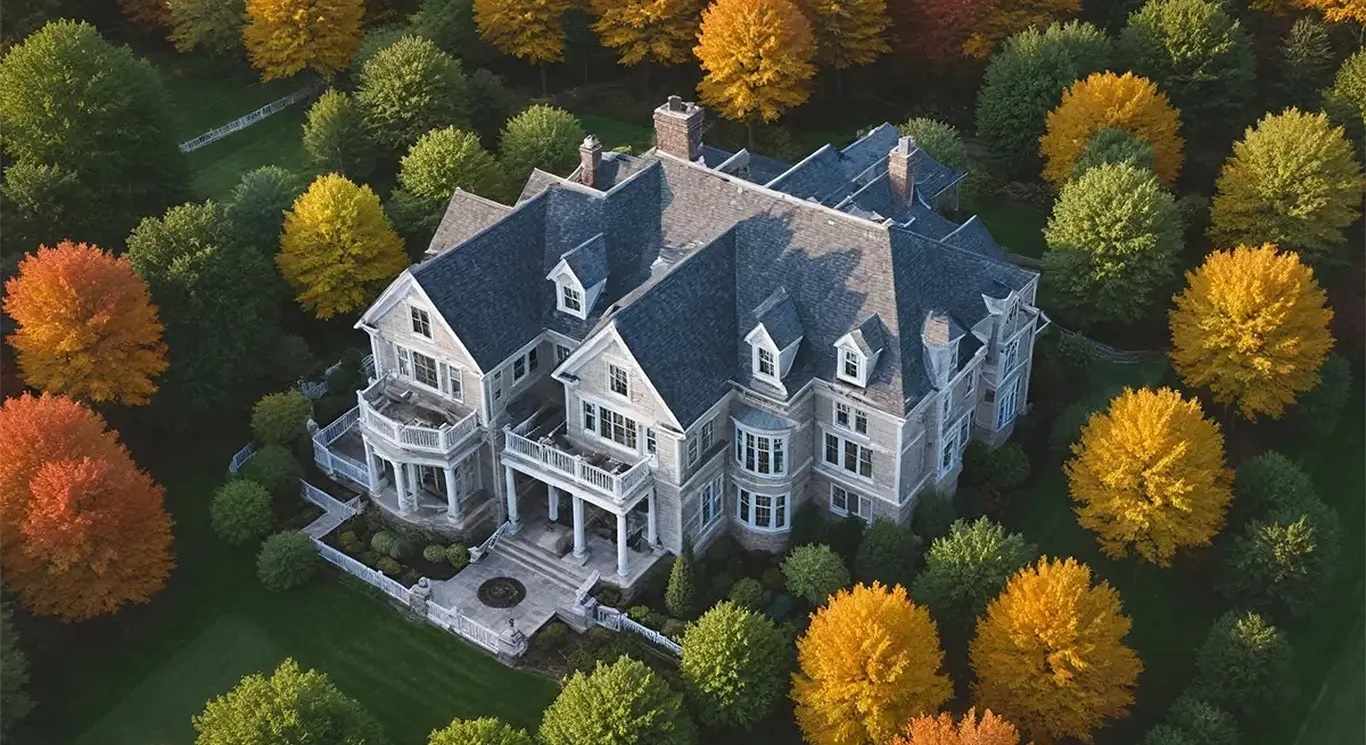
If you're a homeowner over 62 and searching for methods to tap into your property's equity, you've likely heard of reverse mortgages. But these days, there's been a buzz about something called proprietary reverse mortgage. So, what are they? And why are more human beings talking about them? Let's know more about it in simple terms.
What is a proprietary reverse mortgage?
A proprietary reverse loan is a kind of reverse mortgage offered by private lenders. Unlike the more well-known HECM (Home Equity Conversion Mortgage), which is backed by the government, proprietary reverse loans are not government-insured. In that manner, the regulations can be more flexible, and loan amounts may be better. So, if you stay in a high-cost house, a proprietary reverse loan could allow you to borrow extra cash.
Why are they becoming popular?
Here's the deal: traditional reverse mortgages have limits on how much you may borrow. However, with proprietary reverse mortgage loans, lenders can offer greater coins, particularly if your home is really worth a lot. That's a huge purpose, and they're on the upward push. Also, many private creditors are now jumping into the sport. There is greater opposition, which means better alternatives for borrowers.
Who offers proprietary reverse mortgage lenders?
There are several proprietary reverse loan creditors available. These are personal groups that lay out their reverse loan applications, often with fewer regulations than government-subsidized alternatives. Some of the best proprietary reverse mortgage lenders offer useful features like no mortgage insurance, flexible payouts (such as lump sum or monthly bills), and loans that may be available for better-valued homes. It's usually an excellent idea to shop around and compare creditors before making a decision.
Are they available everywhere?
Yes, in most states. But there's a developing interest in locations with higher property values, like California, New York, and Florida. Speaking of proprietary reverse mortgages Florida, proprietary reverse mortgages are specifically popular since a lot of retirees live there and own valuable houses.
What should you watch out for?
As with any loan, it's crucial to read the fine print. Because these loans aren't government-regulated like HECMs, the terms can vary extensively between creditors. Make certain you understand:
- How much will you owe over the years?
- What happens to the loan if you fall or skip away?
- Are any prices or last fees worried?
Always speak to an opposite mortgage counselor or financial guide before making a decision. The reverse mortgage calculator makes sure that you are getting the right amount.
Final thoughts
Proprietary reverse mortgage are gaining attention due to the fact that they provide more borrowing strength and versatility than conventional options. If you've got a high-cost home, specifically in a hot marketplace like Florida, they could be worth considering. Just remember: not all proprietary reverse mortgage lenders are the same. Take some time, ask questions, and locate one of the exceptional proprietary reverse loan creditors that suits your needs.




















Write a comment ...